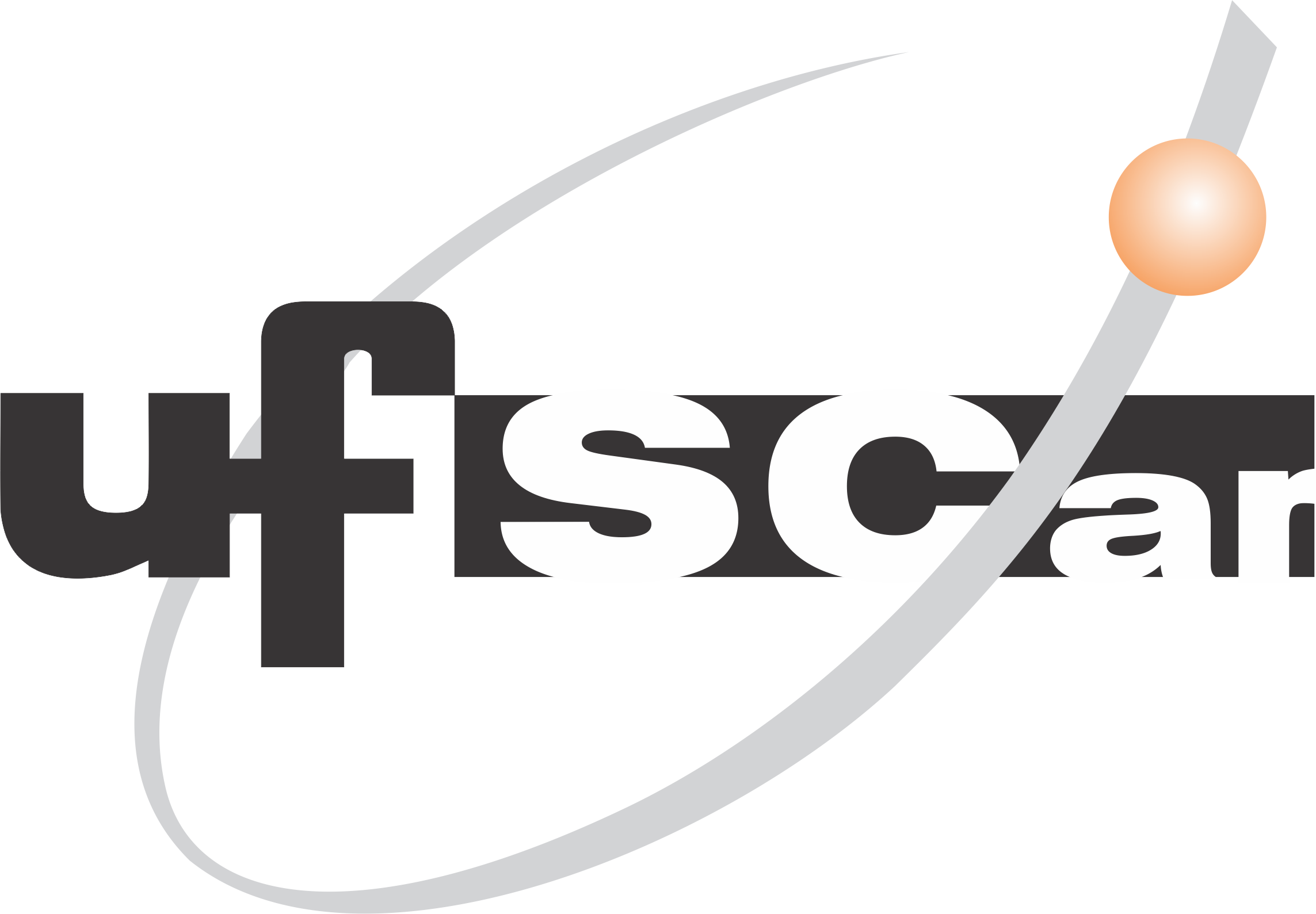The Role of the Indigenous Teacher
Palavras-chave:
Indigenous education, Decolonial pedagogy, intercultural schoolingResumo
This article examines the challenges of developing culturally relevant pedagogical practices in Indigenous schools, focusing on the tensions between traditional knowledge systems and imposed educational models. Through the lens of Tuxá Indigenous educators in Bahia, Brazil, we analyze how teachers navigate curricular planning while resisting colonial frameworks that marginalize Indigenous epistemologies. The study highlights efforts to create intercultural, community-based schooling that honors ancestral traditions while engaging strategically with non-Indigenous knowledge. Using the Tuxá people’s historical displacement by the Itaparica Dam as context, we explore how land dispossession intensifies educational decolonization struggles. Findings reveal that effective Indigenous pedagogy requires: (1) collective planning rooted in community values, (2) critical adaptation of bureaucratic requirements, and (3) curricular autonomy to reflect cosmological worldviews. The research underscores Indigenous teachers’ dual role as educators and cultural activists, particularly in post-displacement contexts where schools become vital sites for cultural preservation.









